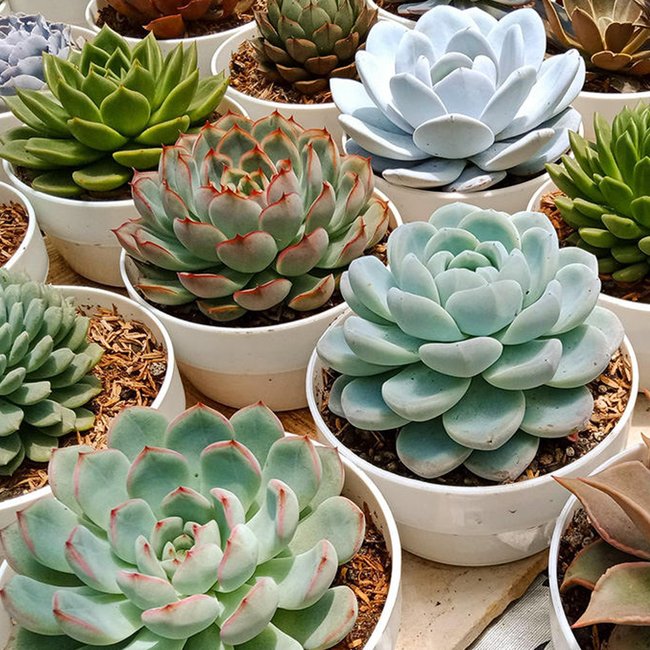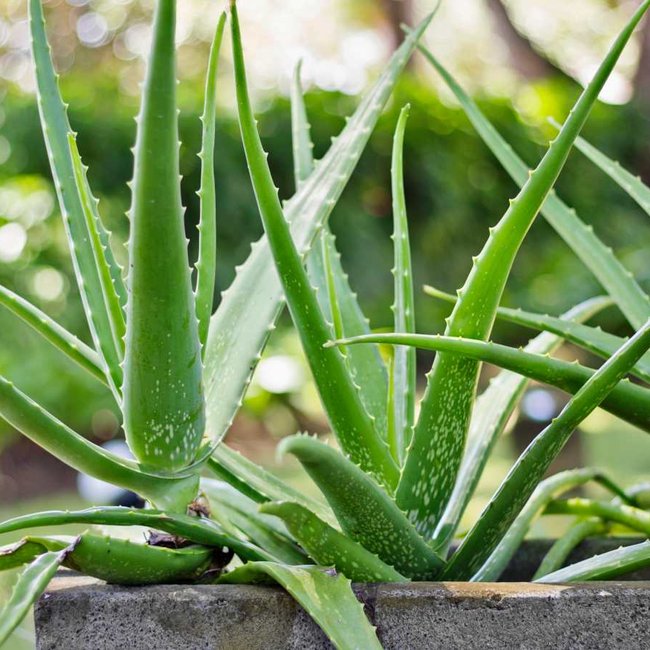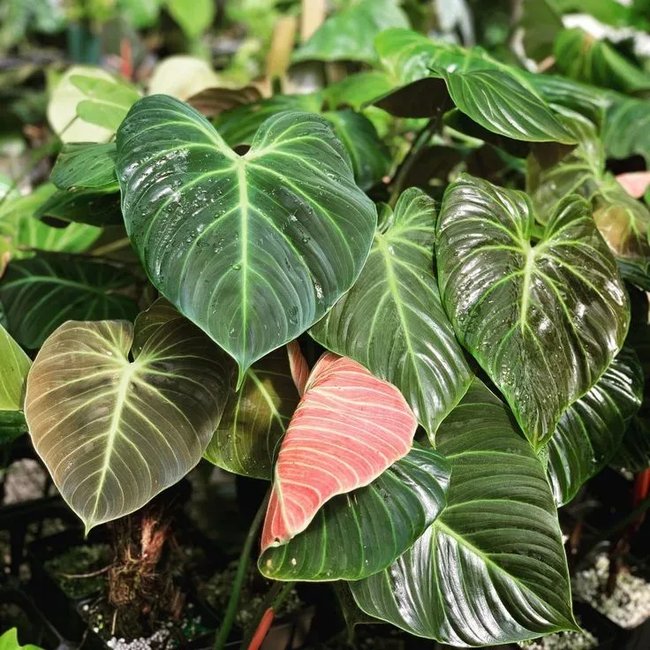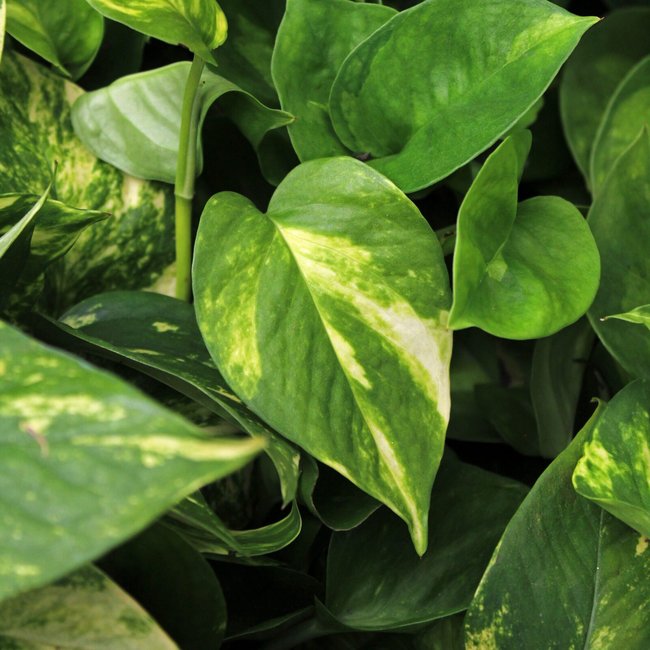Garlic
Garlic is a species of plant in the Allium family and is one of the most widely used culinary herbs in the world. It is native to Central Asia but is now grown in many countries around the world.
Classification and Taxonomy
Garlic (Allium sativum) is a species of plant in the Allium family, Alliaceae.
Description and Characteristics
Garlic is a perennial herb with a strong aroma and flavor. The bulb is composed of several cloves that are covered in a white, papery skin. The leaves are long and flat and the flowers are white or purple.
Distribution and Habitat
Garlic is native to Central Asia but is now grown in many countries around the world. It grows best in well-drained, sunny locations and can tolerate a wide range of temperatures.
Ecology and Reproduction
Garlic is propagated by planting cloves or bulbs. The cloves will germinate and grow into plants with a bulb at the base. The flowers are pollinated by insects, usually bees.
Uses and Economic Importance
Garlic is widely used as a culinary herb and is known for its strong aroma and flavor. It is also used medicinally to treat a variety of ailments.
Conservation Status
Garlic is not considered to be a threatened species.
-
What is garlic and where does it come from?
Garlic is a member of the Allium family, which also includes onions, shallots, and leeks. It is a bulbous plant that grows underground and produces an edible bulb made up of individual cloves. Garlic is believed to have originated in central Asia and has been cultivated for thousands of years.
-
What are the health benefits of garlic?
Garlic is believed to have numerous health benefits, including boosting the immune system, reducing the risk of heart disease, lowering cholesterol levels, and having anti-inflammatory properties. It is also believed to have anti-cancer properties and may help to lower the risk of certain types of cancer.
-
How do you grow garlic?
Garlic can be grown from individual cloves, which should be planted in the fall or early spring. The cloves should be planted in well-drained soil and should be spaced about 6 inches apart. Garlic requires regular watering and should be fertilized with a balanced fertilizer every few weeks.
-
How do you cook with garlic?
Garlic is a versatile ingredient that can be used in a wide variety of dishes. It can be chopped or minced and added to soups, stews, sauces, and marinades. It can also be roasted, sautéed, or used to make garlic butter or garlic bread. Garlic can be used fresh or dried, and the flavor can be adjusted depending on how it is prepared.
-
How long does garlic last?
Whole garlic bulbs can be stored in a cool, dry place for up to several months. Once the bulb is broken apart into individual cloves, they should be used within a week or two. Peeled garlic cloves can be stored in the refrigerator for up to a week, or frozen for longer storage.
-
Can garlic be harmful to dogs or cats?
Yes, garlic can be harmful to dogs and cats. It contains compounds that can damage the red blood cells in these animals, leading to anemia. Even small amounts of garlic can be toxic to pets, so it is best to avoid giving them any foods that contain garlic. If you suspect that your pet has ingested garlic, seek veterinary attention immediately.
-
What are some common uses for garlic in traditional medicine?
Garlic has been used in traditional medicine for centuries to treat a variety of ailments. It is believed to have antibacterial, antiviral, and antifungal properties, and has been used to treat respiratory infections, digestive issues, and skin conditions. Garlic is also believed to have anti-inflammatory properties and may be helpful in reducing inflammation and pain associated with arthritis. However, it is important to note that while garlic may have some health benefits, it should not be used as a substitute for medical treatment.
10 Fun Facts About
1. Garlic is a member of the onion family. 2. It is believed that garlic has been used for more than 5,000 years. 3. Garlic is used in many cuisines around the world. 4. Garlic is a natural insect repellent. 5. Garlic can help reduce cholesterol levels. 6. Garlic can help reduce the risk of heart disease. 7. Garlic is a natural antibiotic. 8. Garlic has been used to treat colds and flu. 9. Garlic can help reduce blood pressure. 10. Garlic has been used as a medicinal herb for centuries.
Pun
You'll never go wrong with a pinch of garlic!
Similar To
Onion, Shallot, Leek, Chive Keywords: Allium, Sativum, Culinary, Herb, Medicinal, Aroma, Flavor, Cloves, Bulb, Insect, Repellent, Cholesterol, Heart, Disease, Antibiotic, Blood Pressure.








